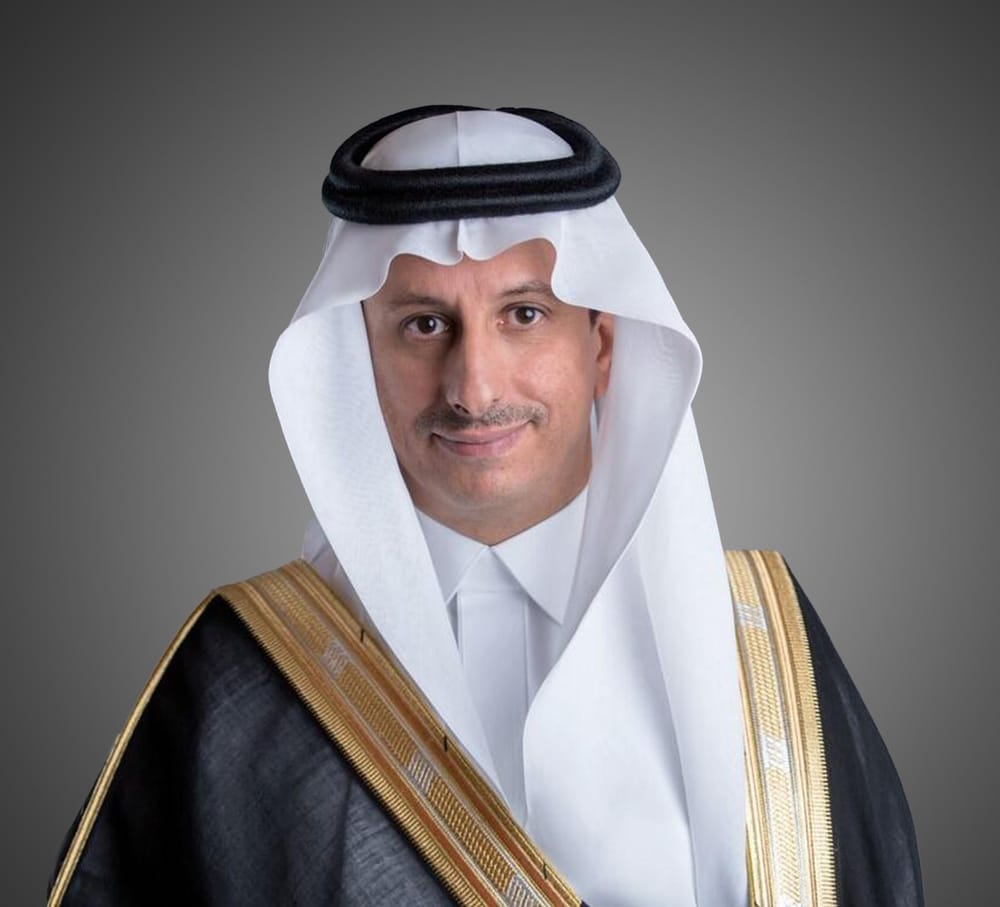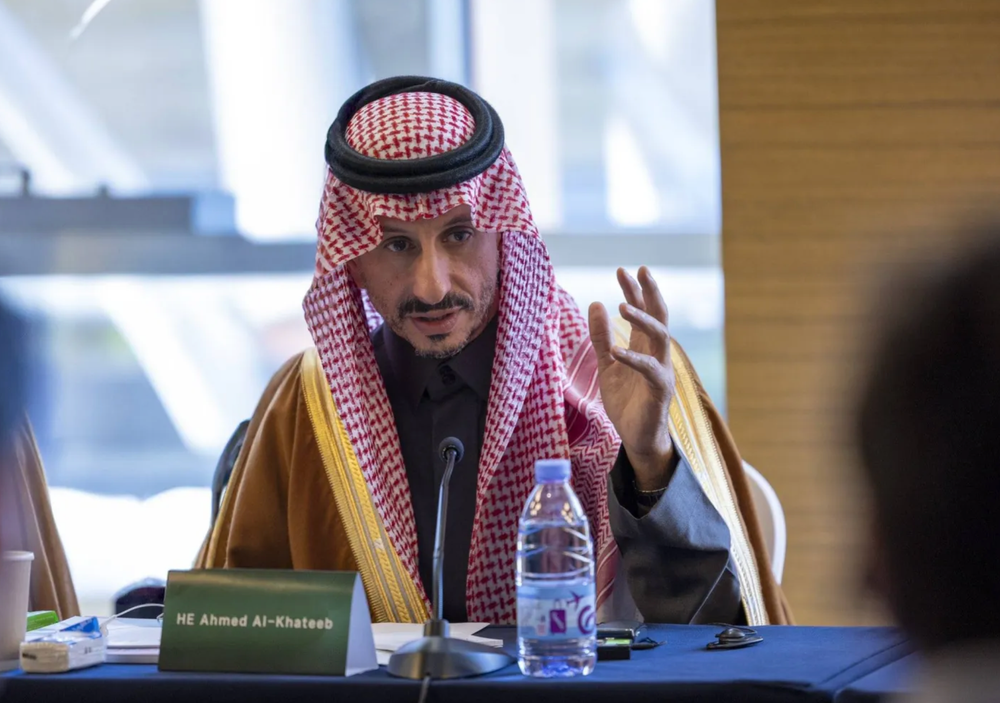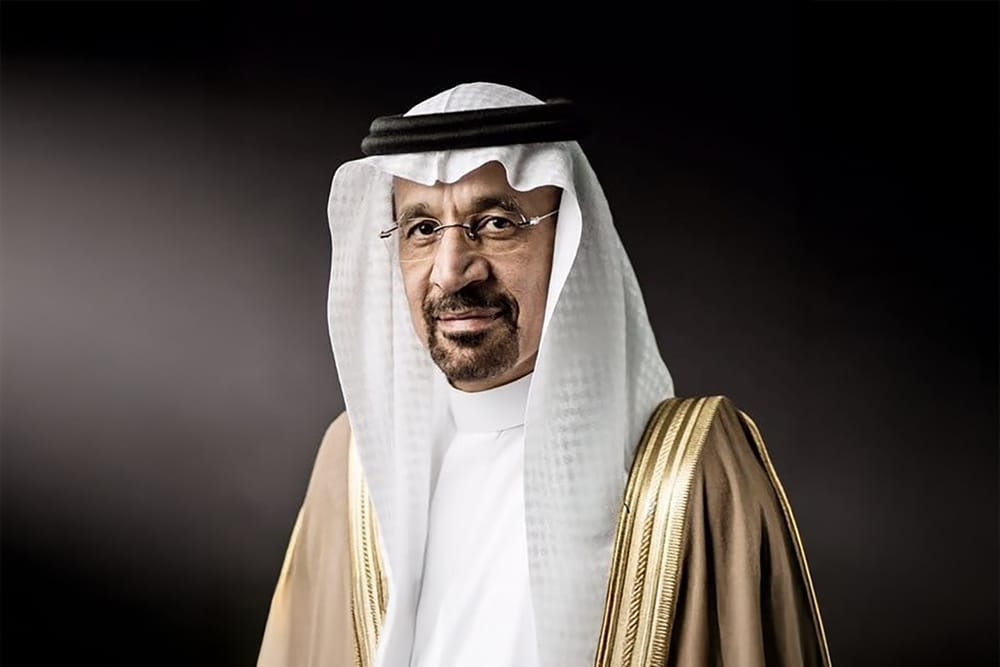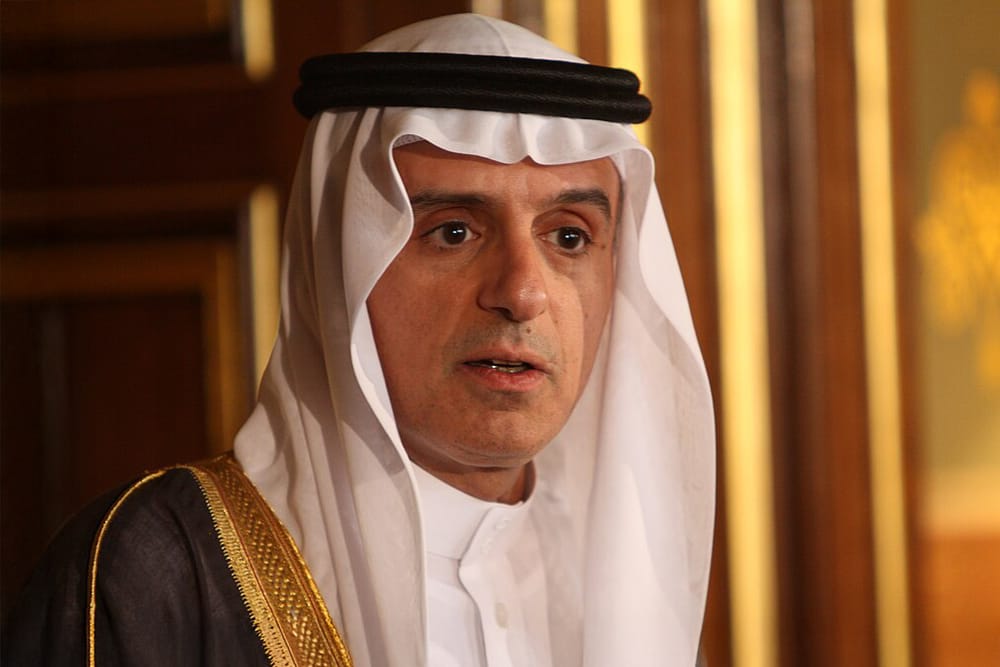HRH Prince Turki Al-Faisal is widely recognised as one of Saudi Arabia’s most accomplished statesmen. Throughout his distinguished career in intelligence and diplomacy, he has advanced the Kingdom’s global interests while exemplifying the values of strategic patience, cultural diplomacy, and bridge-building leadership. His professional journey offers valuable insights for leaders today, especially within the context of Saudi Arabia’s Vision 2030.
Career Milestones and Professional Development
- Early Education: HRH Prince Turki began his education in Taif and later pursued studies at esteemed international institutions, including the Lawrenceville School in New Jersey and Georgetown University in Washington, D.C. These formative experiences fostered his global perspective and deep understanding of international affairs.
- Director General of the General Intelligence Directorate (1977–2001): Appointed as head of Saudi Arabia’s intelligence agency, HRH Prince Turki played a pivotal role during transformative global events. His leadership in this role shaped the Kingdom’s strategic posture and underscored the importance of long-term planning and resilience. Under his leadership, the GID strengthened international intelligence cooperation and contributed to regional stability.
- Transition to Diplomacy: After more than two decades in intelligence, HRH Prince Turki transitioned to diplomatic service, demonstrating adaptability and a broadened leadership capacity. His unique background enabled him to bring strategic insight to Saudi Arabia’s diplomatic engagements.
- Ambassador to the United Kingdom (2003–2005): In London, he worked to deepen Saudi-British relations, advance cultural dialogue, and promote economic collaboration. He was a vocal advocate for enhancing bilateral understanding and frequently engaged with academic institutions and think tanks.
- Ambassador to the United States (2005–2007): In Washington, D.C., HRH Prince Turki strengthened Saudi-American relations, fostering greater mutual understanding and collaboration. He actively participated in high-level dialogues on cultural exchange, energy cooperation, and global leadership.
- Post-Diplomatic Engagement: Since leaving official diplomatic posts, HRH Prince Turki has remained an influential thought leader. He contributes to global discussions through lectures, think tanks, and policy forums. He also serves as Chairman of the King Faisal Center for Research and Islamic Studies, where he promotes scholarly research and cross-cultural dialogue.
Leadership Lessons from HRH Prince Turki Al-Faisal
The Power of Soft Diplomacy
HRH Prince Turki’s diplomatic philosophy centers on the power of culture, education, and dialogue to shape international relations. His ambassadorial work consistently highlighted Saudi culture and values, fostering mutual understanding and respect on the global stage—an approach that aligns closely with Vision 2030’s emphasis on soft power. He continues to advocate for the use of dialogue and cultural engagement as key tools for fostering global cooperation.
Strategic Patience in Leadership
During his tenure at the General Intelligence Directorate, HRH Prince Turki demonstrated that achieving long-term national objectives requires strategic patience, adaptability, and a deep understanding of global dynamics. Reflecting on leadership, he emphasizes the importance of maintaining engagement and fostering stability—principles that remain highly relevant for today’s leaders navigating an increasingly interconnected world.
Bridging Intelligence and Diplomacy
HRH Prince Turki’s transition from intelligence leadership to diplomatic service illustrates the critical intersection of strategic insight and international engagement. His ability to bridge these domains highlights the importance of integrated leadership—ensuring that strategic perspectives inform diplomatic efforts. His experience underscores how fostering dialogue with both regional and international stakeholders strengthens global collaboration.
Thought Leadership and Global Engagement
Beyond his official roles, HRH Prince Turki continues to shape international discourse. He emphasizes the necessity of continuous global engagement, often highlighting that in today’s interconnected world, nations must collaborate to address shared challenges. Through his participation in global forums, academic settings, and policy discussions, he exemplifies the role of a modern statesman who values intellectual exchange and public dialogue as essential components of leadership.
HRH Prince Turki is also a frequent speaker at major international conferences and universities, where he addresses topics ranging from education and interfaith dialogue to global development and cultural diplomacy. His work with the King Faisal Center for Research and Islamic Studies further extends his influence in fostering understanding between cultures.
Ethical Leadership in Complex Times
HRH Prince Turki has consistently promoted humanitarian values and ethical leadership. In his public engagements, he underscores the importance of diplomacy, respect for international norms, and the advancement of education and cultural understanding. His leadership reflects a deep commitment to fostering cooperation and mutual respect in a diverse global community.
Additionally, HRH Prince Turki has spoken about broader societal concerns, such as the importance of education and family values in preserving social cohesion. He views education as a vital tool for building a more inclusive and prosperous society, aligning with the human capital development goals of Vision 2030.
Conclusion
HRH Prince Turki Al-Faisal’s career offers a compelling model of leadership rooted in strategic patience, cultural diplomacy, and ethical engagement. His legacy provides valuable guidance for Saudi Arabia’s current and future leaders, particularly as the Kingdom advances its global role under Vision 2030. By embracing these enduring leadership principles, Saudi Arabia continues to build a future grounded in wisdom, dialogue, and international cooperation.
As Saudi Arabia navigates an increasingly complex global landscape, the insights and example of leaders like HRH Prince Turki Al-Faisal remain invaluable. His emphasis on principled diplomacy, intellectual engagement, and strategic foresight serves as a beacon for those striving to shape the Kingdom’s future on the world stage.






